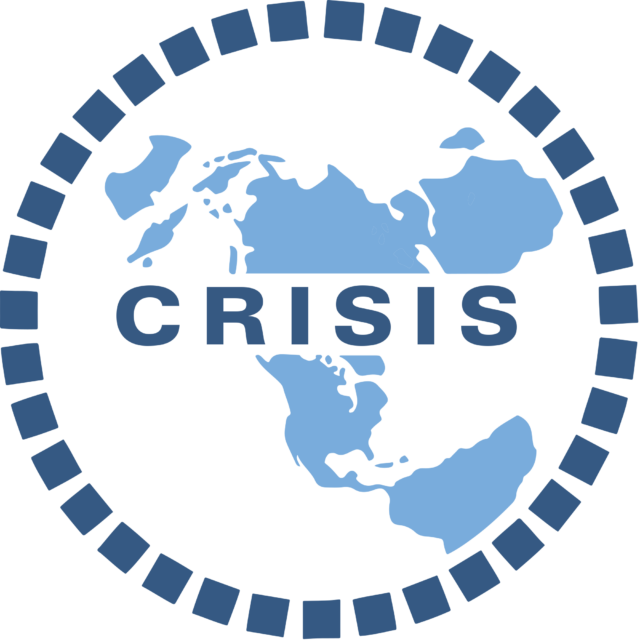Committee Overview
The North Atlantic Treaty Organization (NATO) was established in April 1949 with the signing of the North Atlantic Treaty. The treaty established a defensive alliance focused on mutual defense and the promotion of democracy in Europe against the Soviet Union. After the fall of the Soviet Union in 1991, the alliance shifted its focus to expanding outside of Western Europe and added many former Soviet satellite states into the alliance. The 2022 Russian invasion of Ukraine reignited the alliance and saw the ascension of Finland and Sweden into the alliance. As members of the NATO North Atlantic Council (NAC), delegates will represent the foreign ministers of member states in this committee. The NAC’s purpose is to establish the primary policies of NATO that member states will work towards achieving. As the primary governance body of NATO, delegates will make decisions on what goals NATO should be working towards and how member states should execute them.
Topic: The Russo-Ukrainian War
On February 24, 2022, the Russian Federation invaded Ukraine, beginning the conflict that has become the most destructive war in Europe since the Second World War. The 2022 invasion traces its roots back to 2014, when Ukraine first began to undergo political change. Historically, Ukraine maintained close relations with Russia after the fall of the Soviet Union. However, the early 2000s saw a gradual transition where the country became more aligned with the European Union and the West. The tipping point was the Maidan Revolution and the political change that Ukraine underwent in 2014. Following the removal of Russia-aligned Ukrainian President Viktor Yanukovych, Russia began its intervention. Russian troops invaded Crimea, and several provinces in Eastern Ukraine launched a war against the new government. This secret invasion and illegal takeover of Crimea led to the start of ongoing conflict between Russia and Ukraine. Today, the war has escalated to a full-scale conflict with both sides taking heavy losses in life and infrastructure. While war has become part of day to day life for Ukrainians, each escalation of the war threatens to embroil NATO and Russia in a larger and more destructive conflict. As leaders of the world’s foremost collective security treaty, NATO delegates will be tasked with addressing one of the most important international conflicts of the 21st century. Delegates will need to consider the complex issues surrounding supplying Ukraine with more advanced technology while trying to not provoke Russia even further. However, the committee will also need to consider political support as most of its largest member states enter key elections. Elections in the United States, United Kingdom, and France could drastically change political perceptions of the war in Ukraine. Only through a united front will NATO achieve its mission of promoting security, democracy, and human rights.

